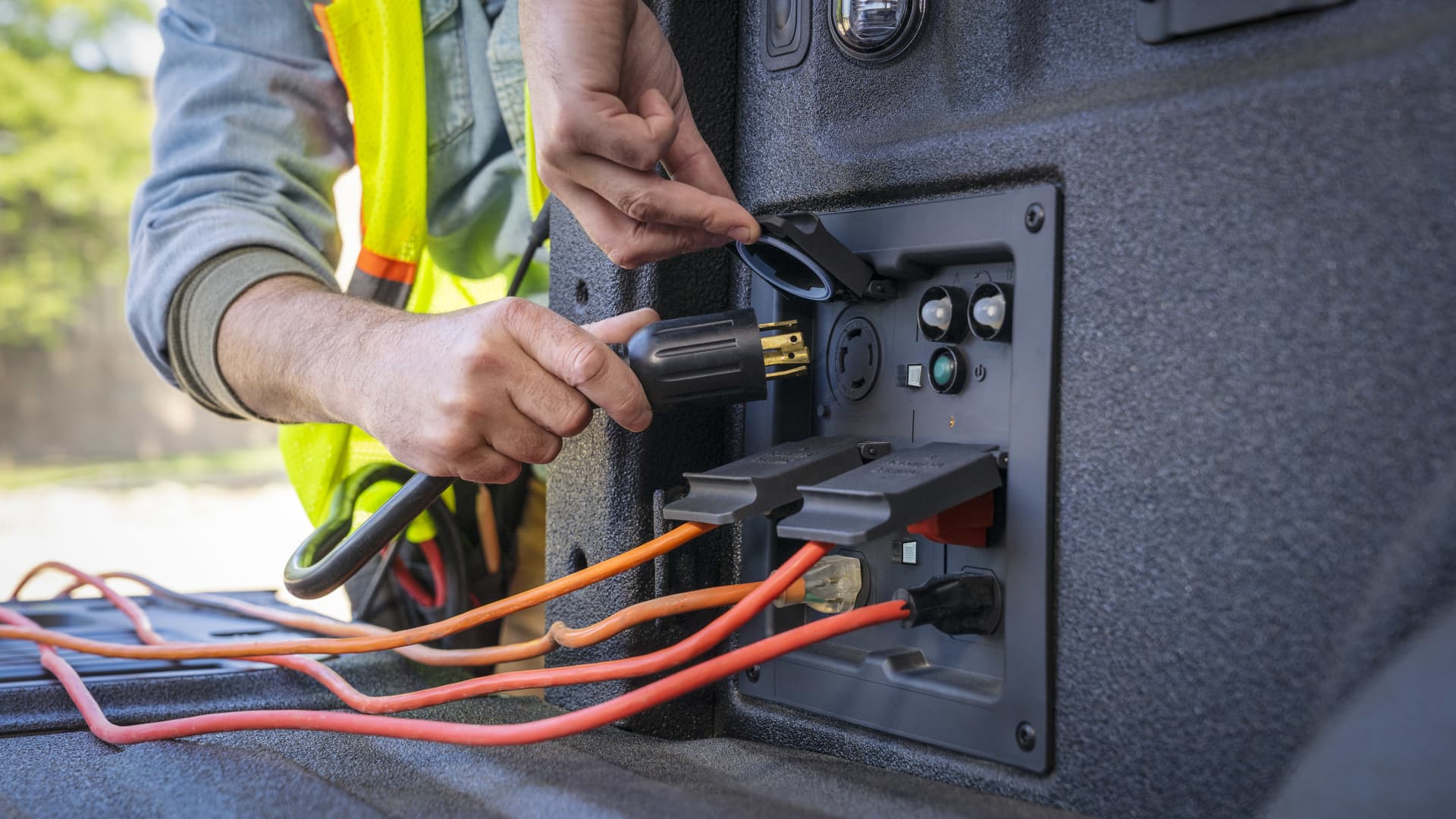High Turnout Extends Voting In Iran: Radio
Voting in the controversial parliamentary elections had been scheduled to end at6 : 00pm, but extensions are common. The Interior Ministry can choose to extend polling up until midnight, according to Agence France-Presse (AFP).
Iran’s religious leaders have been calling for a high turnout in the polls, all but certain to see religious conservatives win control of the Majlis (Parliament) and deal a crushing blow to reformists and President Mohammad Khatami.
Supreme Leader Ayatollah Ali Khamenei has earlier urged voters to turn out in masse to “stand up to allegations of enemies of the state”.
Khamenei, among the first to cast his ballot, said the Islamic Republic’s enemies were trying to deter young people from voting – an apparent reference to a boycott by banned reformist lawmakers and student groups, according to Reuters.
"You see how those who are against the Iranian nation and the revolution are trying so hard to prevent people from going to the polls," Khamenei told state television.
"I do not think these enthusiastic young people will be prevented from fulfilling their duty."
The 25 -year-old regime has called on the country’s46 . 3million eligible voters above the age of 15 to turn out en masse and cast their ballots in schools and mosques from8 : 00am to6 : 00pm (0430- 1430GMT), according to Agence France-Presse (AFP).
The first results are expected Saturday, with a definitive tally coming several days later. A second round may be required if no candidate in a given district wins 25 percent of the vote.
Foreshadowing a likely dispute over the turnout, the reformist-run Interior Ministry and the conservative Guardian Council, an un-elected watchdog that vets candidates and validates the results, clashed over the size of the electorate, according to Reuters.
“The Ministry said46 ,351, 032Iranians aged 15 and over were entitled to vote, according to the Iran Statistics Center. The Guardian Council, whose 12 members are all appointed directly or indirectly by Khamenei, put the electorate at 43 million.”
"The figure given by the Guardian Council on the number of voters in the country is incorrect," a statement posted on the Interior Ministry Web Site said.
The pro-democracy movement swept to a three-quarters majority of the290 seats in the outgoing Majlis, or parliament, in elections four years ago.
But with the reformists conceding defeat and public indifference widespread, the main element of suspense was how many would carry out what the country’s religious leadership asserts is a civic, religious and revolutionary duty, AFP said.
Turnout was two-thirds at the height of the reformists’ surge four years ago but disenchantment with the political process has reportedly grown.
Less than half of voters cast their ballots in municipal elections last year.
Many prominent dissidents and reformers are calling for a boycott, arguing that a low turnout would send a clear protest message to hardliners who have been determined to stop what they see as the undermining of Islamic values.
In Iran, conservatives already control the courts, political oversight bodies, the security forces and state media.
A win by them in Friday’s elections would further isolate embattled reformist President Mohammad Khatami, whose second and final term ends in mid-2005.
Reformists are also facing a dangerous political wilderness and retribution from the judiciary, having used the Majlis as a public forum for often damning criticism of the regime and the unprecedented questioning of Khamenei.



